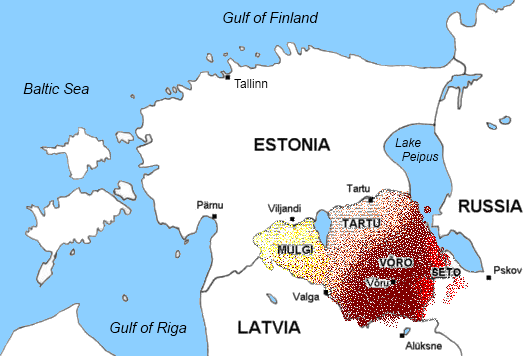There was an article about word that will “disappear” from the Swedish language. (The article in Swedish can be found here). In practice disappearing means that the word has fallen in disuse; either the word is old-fashioned and not used anymore, or there is a synonym that has replaced the old word.
Moreover disappearing means in the article that words won’t be incorporated in the next edition of the SAOL (Svenska Akademiens ordlista, Word List of the Swedish Academy).
In order to keep the old words in speech, Språktidningen proposes that we should “adopt the words” by keep using them.
In this context Verbix should adopt these verbs:
abradera,
absolvera,
accedera,
aducera,
afficiera,
affinera,
afrikanisera,
agglomerera,
aggravera,
allegorisera,
amalgamera,
appa,
atrofiera,
bemänga,
beriktiga,
bettla,
bissera,
bloppa,
bornera,
bräma,
cedera,
chargera,
deducera,
demissionera,
denotera,
denudera,
dirra,
disambiguera,
eklärera,
elektrolysera,
elidera,
emendera,
etymologisera,
evalvera,
excerpera,
expatriera,
explicera,
furnera,
fyka,
förfäas,
förpakta,
gendriva,
glindra,
glisa,
hasardera,
hundsfottera,
hypostasera,
hypotisera,
illudera,
inmänga,
judaisera,
klimatneutralisera,
kollationera,
kondemnera,
kongruera,
konterfeja,
krepera,
kujonera,
kvintilera,
lustvandra,
marodera,
merkantilisera,
missfirma,
misskänna,
munläsa,
niellera,
nitälska,
nobilisera,
oskära,
panikera,
parcellera,
probera,
prokotta,
prononcera,
proskribera,
protegera,
prusta,
påyrka,
redubbla,
reifiera,
rektifiera,
remisera,
remplacera,
resolvera,
rilla,
rubatera,
rulta,
sagla,
sakföra,
sauvera,
skalkas,
skillra,
skranka,
skula,
smygkontorisera,
strangulera,
subsumera,
supponera,
sämska,
tordera,
urgera,
vadeinlaga,
vindicera,
åtra,
åvägabringa,
ärna,
överidealisera



 Today Slavic languages are spoken in Eastern Europe, in countries like Russia, Poland, Czech, and Serbia, to name a few. But almost a thousand year earlier there lived Slavic speaking tribes close to today’s Netherlands. See the map below and compare it with today’s political borders.
Today Slavic languages are spoken in Eastern Europe, in countries like Russia, Poland, Czech, and Serbia, to name a few. But almost a thousand year earlier there lived Slavic speaking tribes close to today’s Netherlands. See the map below and compare it with today’s political borders.